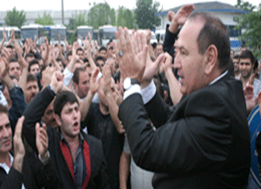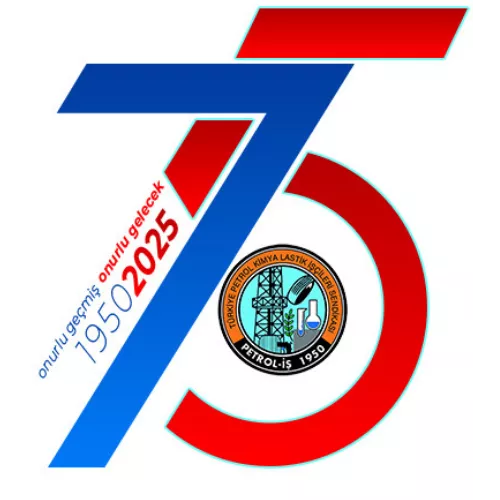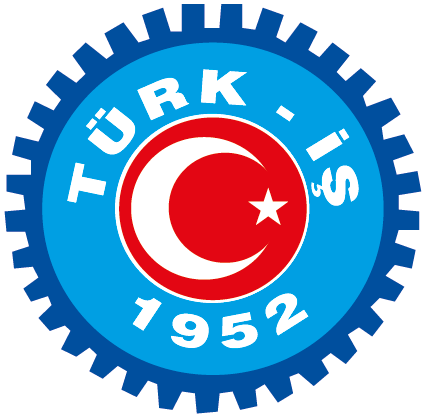
Two sector-wide collective agreements in Turkey in tyre and glass industries have been concluded, with preservation of gained rights and improvements to salaries and social benefits realised.
The tyre negotiations, which started on 5 February and cover over 4,000 members of the union of Lastik-Iş in four plants of three multi-national companies, namely Bridgestone Brisa, Goodyear, and Pirelli located in the cities of Izmit and Adapazari.
The union’s strategy was to preserve gained rights and improve current salaries and social benefits, while employers demanding some concessions on working conditions, such as flexibility of working hours, holidays, extended temporary work, and changing wage grades, particularly the gap between newly- hired workers and existing ones.
The demands of employers were on the basis of the labour code, which recognises flexible working conditions at workplaces in Turkey.
After the three-and-a-half-month period of negotiations, with disagreements on 21 provisions of the agreement still in play, Lastik-Iş moved to begin strike action on 9 June. Following a 12-hour bargaining session just hours before the strike was to begin, the two sides reached a two-year agreement covering the 2010-2011 period.
Employers rescinded their concessionary proposals. In addition, wages and social benefits were adjusted in line with the Turkish inflation rate, thus managing to secure purchasing power of workers. The agreement was voted upon by the members of Lastik-Iş in each factory and approved unanimously.
Commenting on the new agreement, “During tough and tensioned negotiations, our members showed a great deal of decisiveness in securing their gained rights, thus the agreement has resulted in preserving past achievements,” said Abdullah Karacan, President of Lastik-Iş.
Another important sector-wide agreement was achieved in the glass sector by the ICEM affiliate Kristal-Iş, who negotiates with the Turkish Glass Employers’ Federation on behalf of over 5,000 members at the factories of Şişecam Group’s Paşabahçe Cam Sanayi ve Ticaret A.Ş. (plants at Kırklareli and Mersin); Anadolu Cam Sanayi A.Ş. (plants at Topkapı-Istanbul, Mersin, Çayırova-Kocaeli); Trakya Cam Sanayi A.Ş. (plants at Thrace and Mersin Fabrikası) and Cam Elyaf Sanayi A.Ş.
During negotiations, which started on 10 January as the twenty-second negotiation period for this industry, the Kristal-Iş primary aim was to keep patterns of working conditions intact, patterns existing in the plants for over 40 years.
The union did put forward limitations on sub-contracting, which it defined as one of the most sensible issues in labour relations in the glass sector. The union, through the negotiations, aimed at reaching soıme principles with the employers on regulating this long-standing problem. For this Kristal-Iş proposed some tools to eliminate and minimise sub-contracting in glass factories where maintenance, cleaning, catering, and loading activities are done through sub-contractors. The union’s first demand was to stop sub-contracting in maintenance and repair.
Following a tough, ten-round set of negotiations, the two-year agreement was signed on 14 May and it preserves the gained rights and past settlements, as well as improving wages with increases. For the first year of the agreement, the hourly wage is increased 0.65 Turkish Liras (0.35euros) on average, while the second-year increase will be awarded at the level of inflation. Social benefits, such as education, marriage, death, and holiday benefits were also increased at levels higher than the current inflation rate.(28 June 2010)





